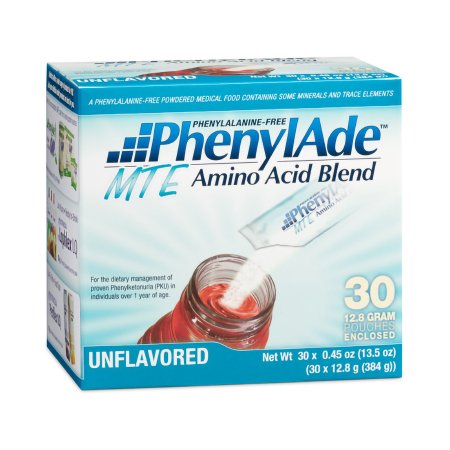
Phenylketonuria is a rare inherited condition that significantly increases the level of a certain substance called phenylalanin in the body
Phenylalanin is an essential amino acid that is found in most protein-rich foods. Seizures, retarded growth, developmental delays, anxiety, and behavioral issues are also associated with this condition.
Unfortunately, this condition cannot be cured. The only way to ensure that the symptoms are under control is to monitor your intake of these important nutrients. Since some people are genetically predisposed to have this condition, it may be possible to avoid having it if you are able to change your eating habits. For others, however, this is not possible.
Phenylalanine is made up of four amino acids: tyrosine, methionine, glycine, and arginine. In people with PKU, there is too much of one or more of these amino acids in the body and their effects can have a significant effect on the body.
Because of the increased risk for seizures in people with high levels of phenylalanin, doctors may prescribe drugs that help to reduce seizures and reduce the impact of phenylalanine on the body. These include phenytoin, aminophylline, leukotriene modifiers, antidepressants, lofepramine, atenolol, and pentazocine.
However, these drugs can also cause serious side effects such as heart attack, kidney damage, hallucinations, or liver damage. Some people may also experience serious psychological issues including depression or anxiety because they are not getting enough of the nutrients they need. As a result, some people have turned to a home remedy to treat their phenylketonuria. They are using amino acids to replace those missing in their system.
Amino acids are substances in the body that are broken down into simpler forms. For this reason, people who suffer from phenytoin or other inherited conditions that affect how the body breaks down these substances may be able to add the missing amino acids back to their bodies by taking special amino acid supplements. It has been known for years that leucine can improve the balance of phenytoin levels in the body. and relieve symptoms.

The next step in adding these amino acids to the diet of people with phenytoin is to ensure that the diet contains the right amount of the correct amount of each of the amino acids. If a person's diet does not contain enough of the correct amount of each of the amino acids, a supplement may be needed. Some supplements may also contain an additional substance, glutamine, which helps to protect nerve cells and tissues. Glutamine is a water-soluble amino acid that helps to protect the muscles from damage caused by phenytoin.
Once all of the correct amounts of amino acids have been added, patients should then make sure that they take the appropriate supplements for the length of time recommended for their condition. This will allow them to continue to receive the nutrition that they need to live a healthy lifestyle.
If a person suffers from this disorder, it is important that they avoid certain prescription medication that could cause severe side effects
Common medications used to treat this disorder include phenytoin and carbamazepine. Although most prescription medications are not approved by the FDA for use in treating this disorder, some doctors may still prescribe them to patients suffering from this condition.
Phenytoin and carbamazepine can cause dangerous side effects including heart attacks, liver failure, seizures, and coma. Therefore, it is important that patients seeking treatment for phenytoin and carbamazepine use these medications with extreme caution. If these drugs are not used in the proper doses, patients could also become addicted to them. In addition, long term use of these medications can also lead to a wide range of health problems.
If you suffer from phenytoin or carbamazepine and are concerned about the possibility that you may become addicted to the medication, you should talk to your doctor or physician about the possibility that you might want to add amino acids to your diet. Adding amino acids to your diet can help to eliminate or reduce the symptoms of these diseases. However, it is important that you understand that adding the supplements alone is not going to cure the underlying cause of the disease. It can only give you relief from the symptoms and not eliminate the underlying problem.
The best way to get a full answer to your questions about this condition is to talk to your doctor and learn more about protein foods and amino acids. Then you will know exactly what to do for yourself.